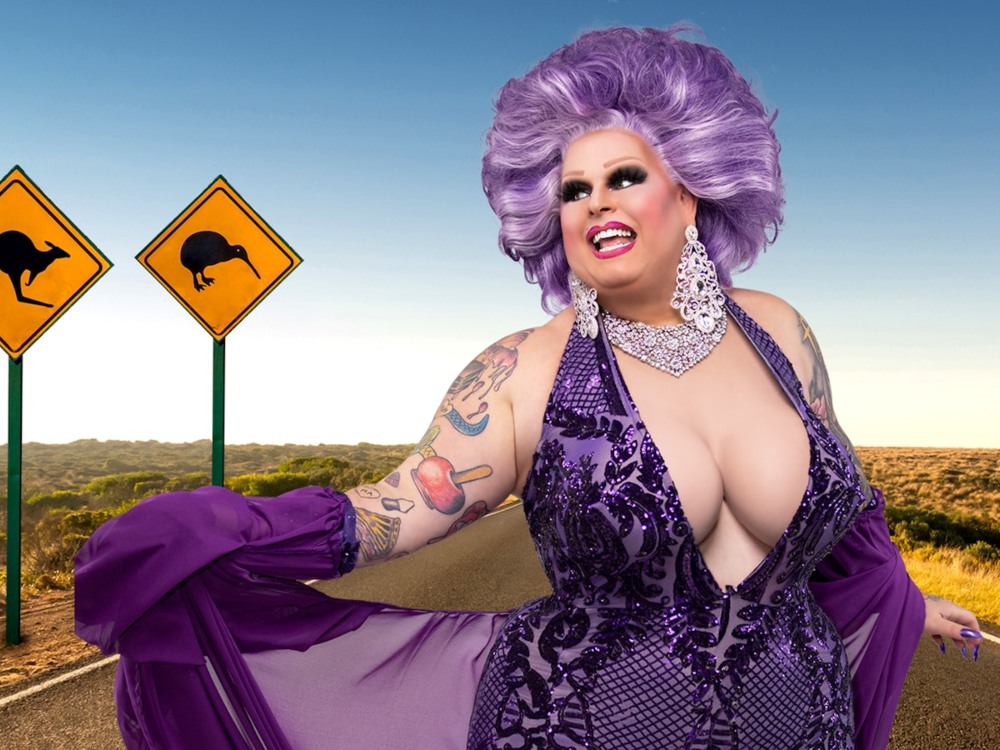A prominent trans charity has condemned the Scottish Parliament’s decision to ban trans women from using female toilets as “unworkable” and exclusionary, warning it will prevent trans people from fully participating in Scottish democracy.
The ban, announced by the Scottish Parliamentary Corporate Body (SPCB), comes in response to the UK Supreme Court’s recent ruling that the legal definition of “sex” in the 2010 Equality Act refers specifically to biological sex. As a result, from Monday 12 May, access to “all facilities designated as male or female” in Holyrood will be determined based on biological sex.
Holyrood Moves to Align With Court Ruling
In addition to enforcing biological definitions in single-sex spaces, the SPCB will introduce new gender-neutral toilets open to all.
Presiding officer Alison Johnstone defended the move, stating:
“As Scotland’s legislature, it is vital that the Parliament fulfils its legal responsibilities.
Our officials therefore took immediate steps following the publication of the judgment to review it in detail and to consider its implications for services and facilities at Holyrood.”
Johnstone said the update was designed to bring “clarity” to those using the building and ensure “confidence, privacy and dignity” for both staff and visitors.
Trans Groups Say Ban Will Fuel Exclusion
Scottish Trans, supported by the Equality Network, issued a strongly worded letter to the SPCB calling the decision “rushed” and “unworkable.” The charity said the policy will make trans people feel “significantly less welcome at Parliament.”
“Trans people have been using toilets in line with our gender identities across Scotland and the UK for decades,” the letter read.
“Changes to policy and practice to restrict trans people’s access to facilities on the basis of our ‘biological sex’ after the Supreme Court judgment will profoundly change trans people’s ability to participate in public life as who we truly are.”
The letter cited recent data showing that 80% of trans people avoid public toilets due to fear of harassment or being outed. Campaigners argue that policies based on biological sex will increase that risk and isolate trans individuals.
“We cannot understand why this decision has been described as one that will bring ‘confidence, privacy and dignity’ to everyone. It will not do so for trans people. It will exclude us and segregate us in the heart of Scotland’s democracy.”
A Broader Impact Beyond Parliament
Although the UK Supreme Court’s decision is not legally binding in Scotland, it is expected to influence institutions across the UK, particularly after the Equality and Human Rights Commission (EHRC) issued interim guidance advising that single-sex spaces must be based on biology.
A spokesperson for the Scottish Parliament told The Independent:
“Holyrood provides a wide range of facilities so that it is an inclusive and welcoming space for all.
The Supreme Court’s ruling had an immediate effect in law and after careful consideration the SPCB announced interim steps to ensure it fulfils its legal responsibilities. This included taking into account EHRC’s interim update to organisations.”
The controversy has sparked renewed concerns over the future of trans rights and visibility in UK public life, with critics warning that such policies risk reversing decades of hard-won progress on LGBTQIA+ inclusion.


































